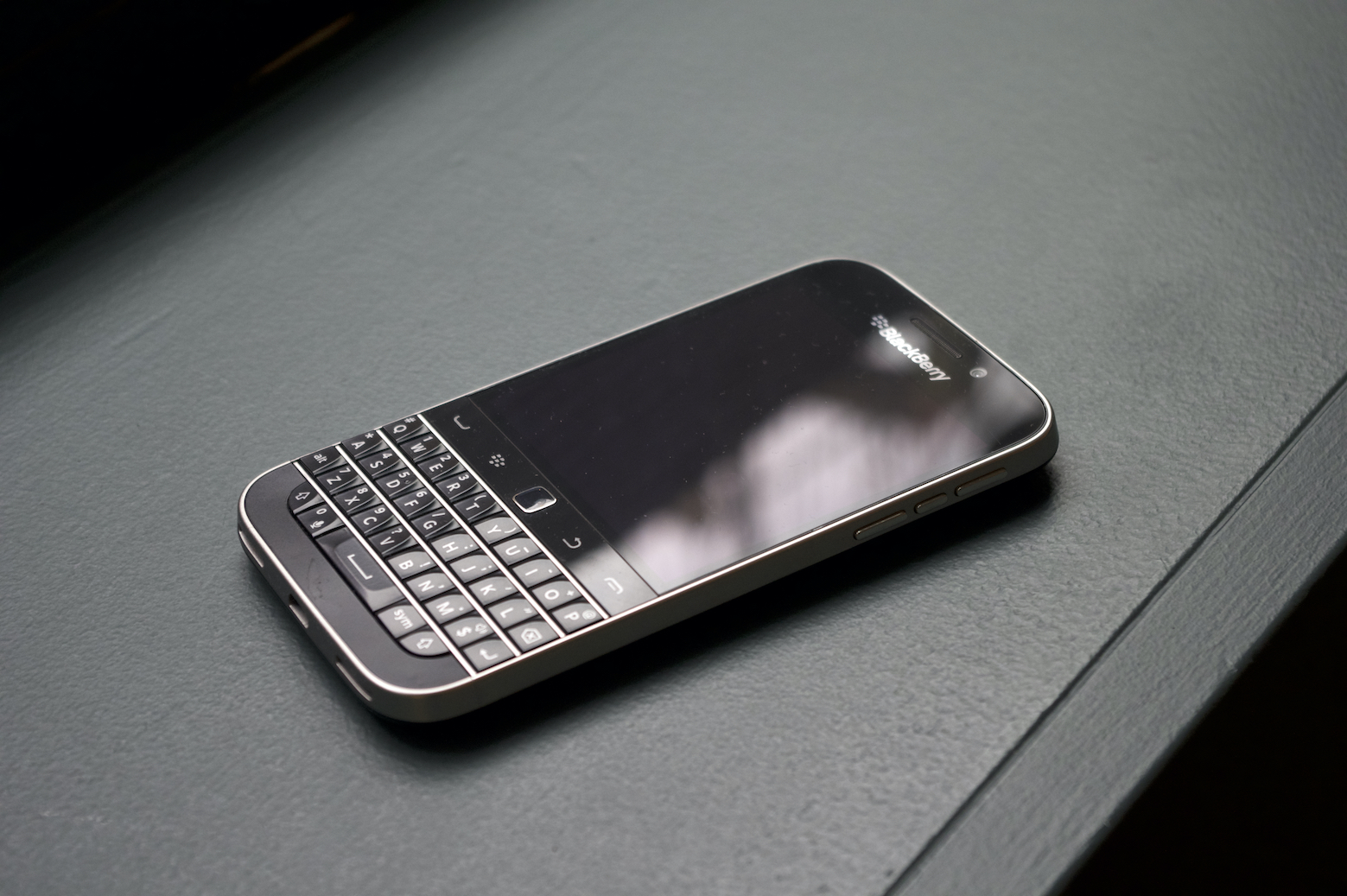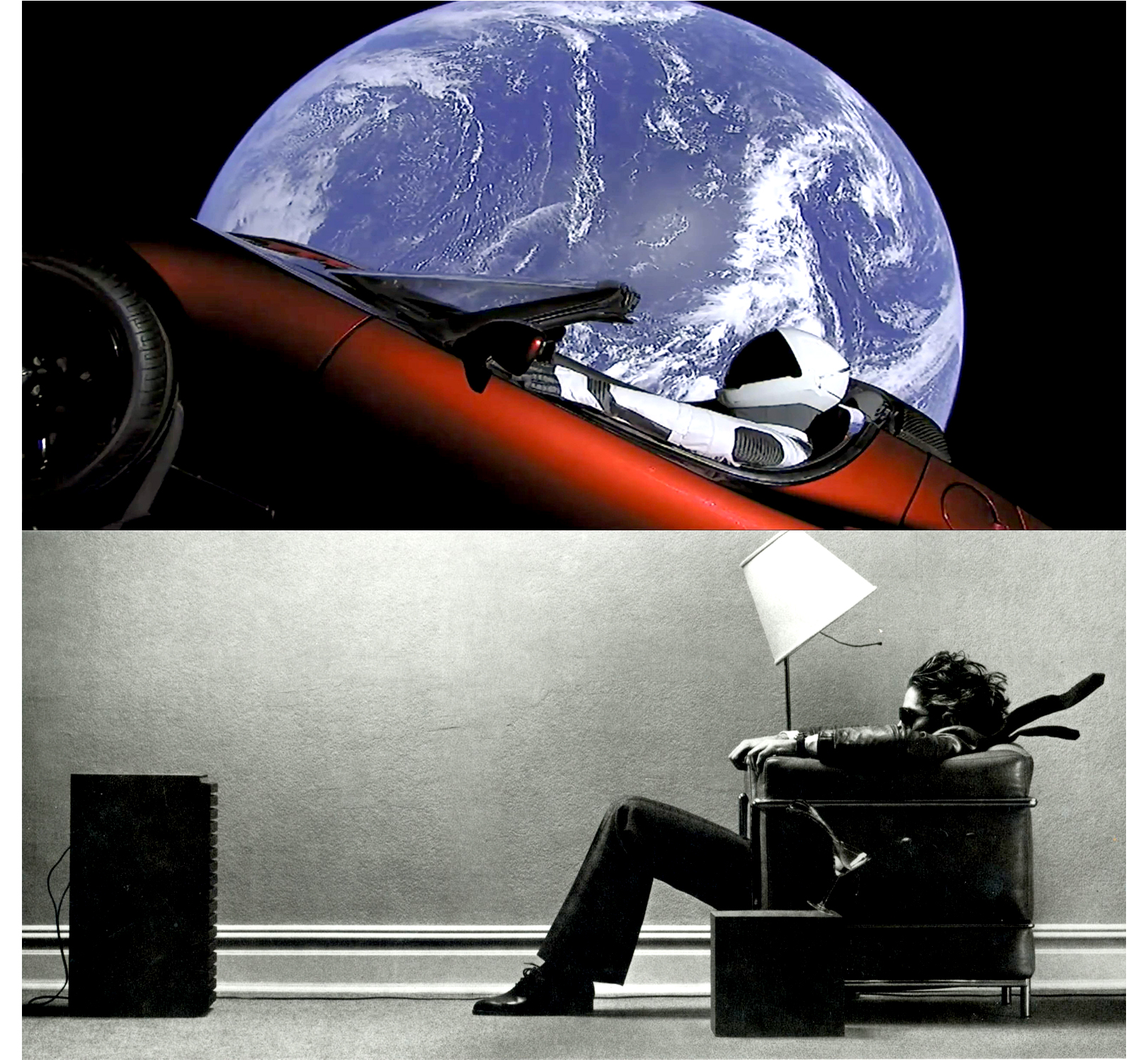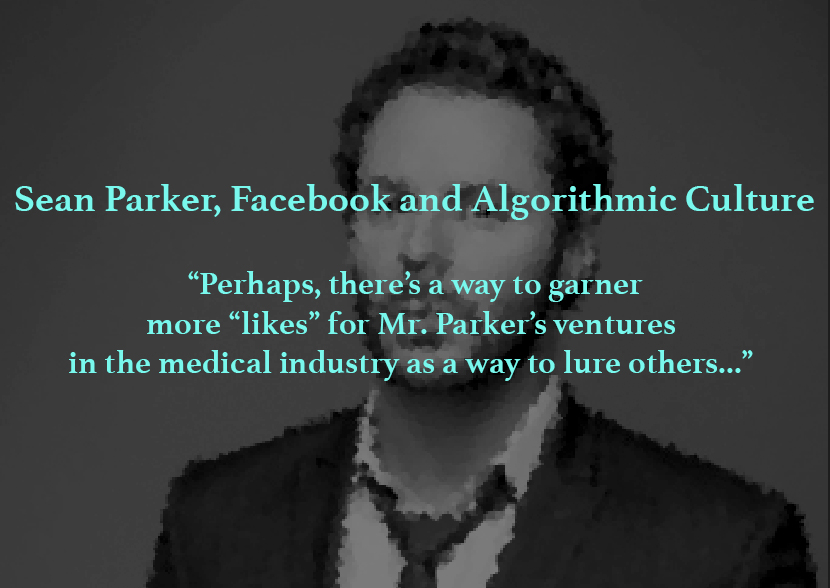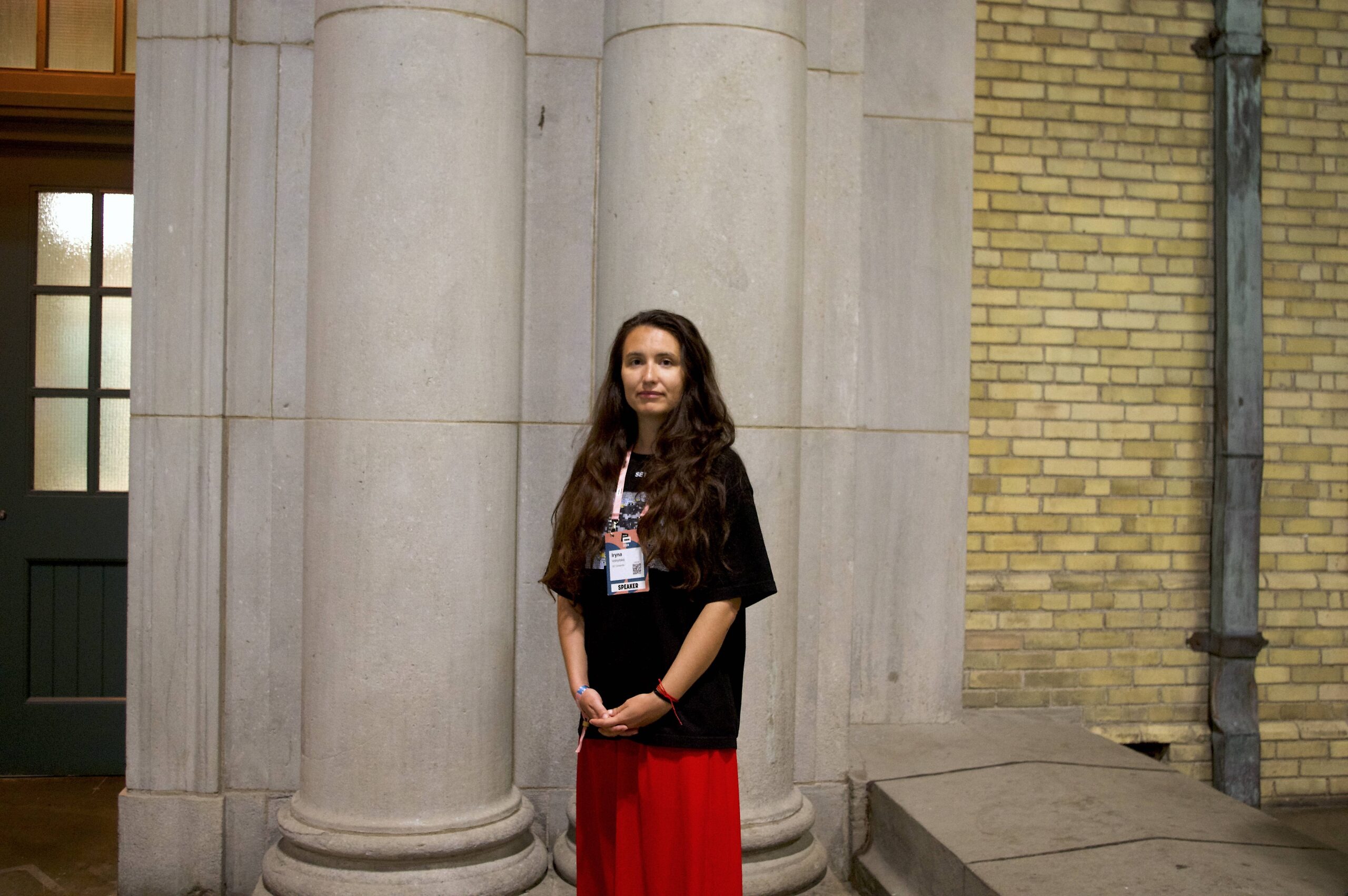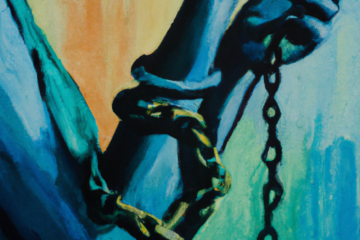
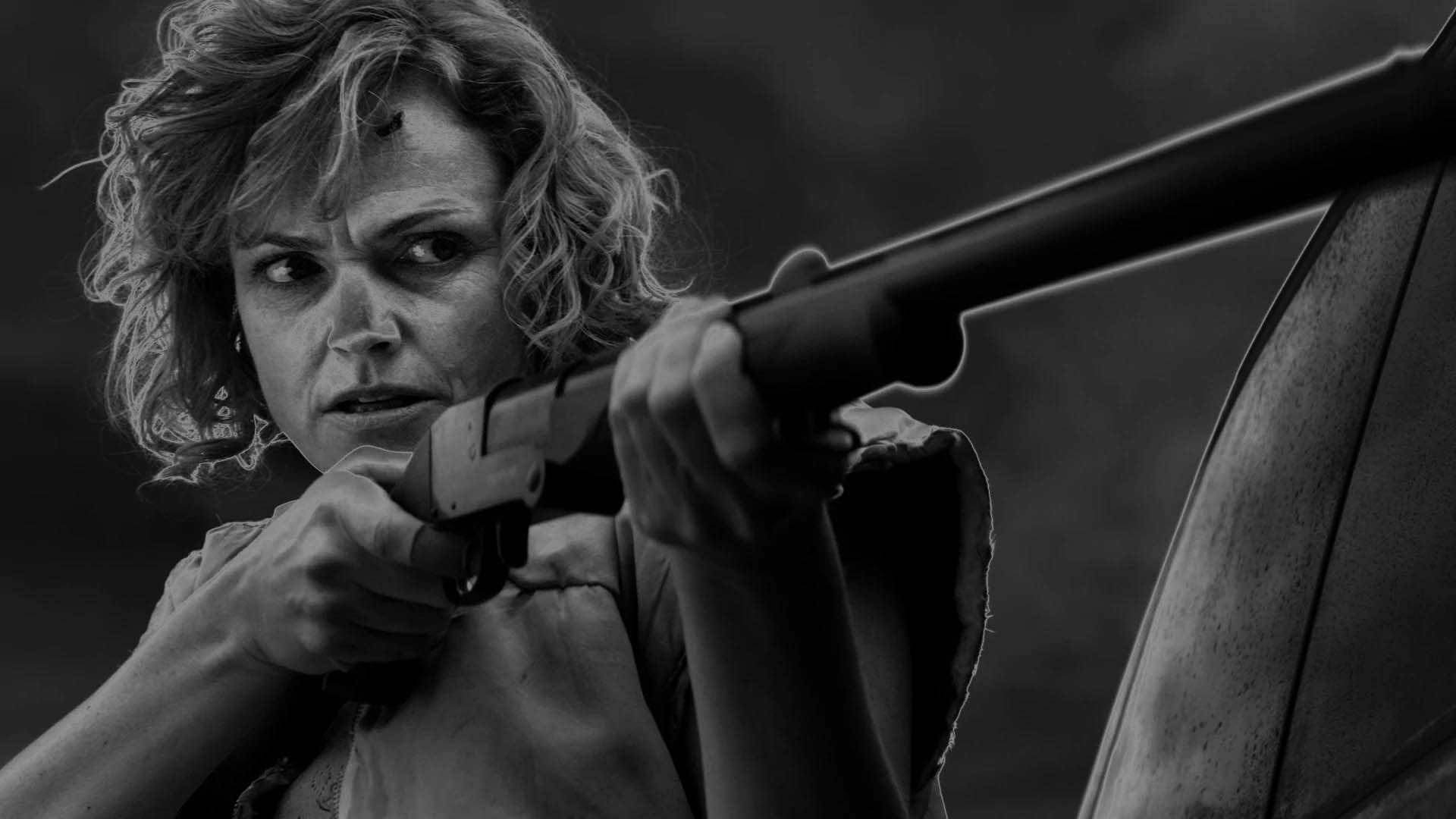
Dystopic as it may be, Black Mirror is perhaps our most prescient fictional take on the future of technological progress. Its immediacy tends to make it particularly unsettling, and creator Charlie Brooker is about as maniacal and sadistic a show-runner as we’ve ever seen. This show is dark. Really dark. We feel it in the fabric of virtually every episode. So, among this anthology of society’s potential futures, which installment is darkest? Spoilers ahead, obvs.
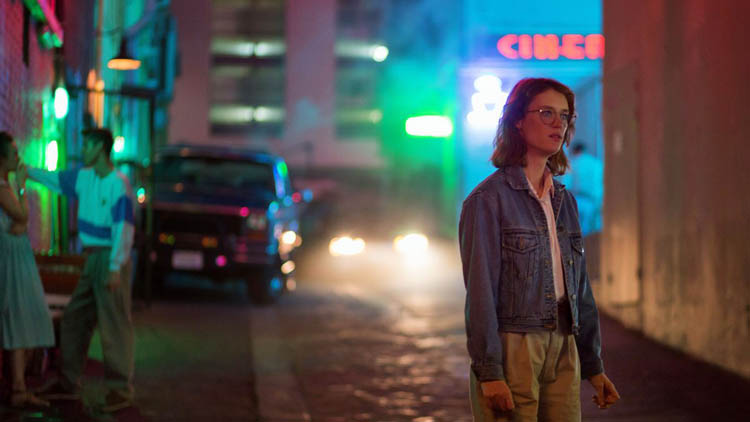
It’s easy to have assumed that the only one with a true happy ending would win in the lightness category. Happy endings aside, San Junipero is bathed in sunlight and gives viewers stunning coastal vistas during all of the non-nighttime scenes. Plus an 80s motif is always a strong ingredient for good vibes, though maybe for some that’s the cocaine talking. The episode feels like sci-fi Baywatch meets Sci-fi Saved By The Bell. And the futuristic technology aspect is pretty heartwarming too. Okay, happy fun time ends now.
One of several installations about the future of romance, this episode does a tremendous job maintaining tension in a context that is not naturally expected to be tense. But all that work is wiped away by the cheeseball ending, and the tension that had been accumulating evaporates as the episode becomes a muted version of what you probably expected; a predictable celebration of future Tinder, but without the trademark Black Mirror sadism. And there’s bad TV sex. Maybe that’s the darkest part.
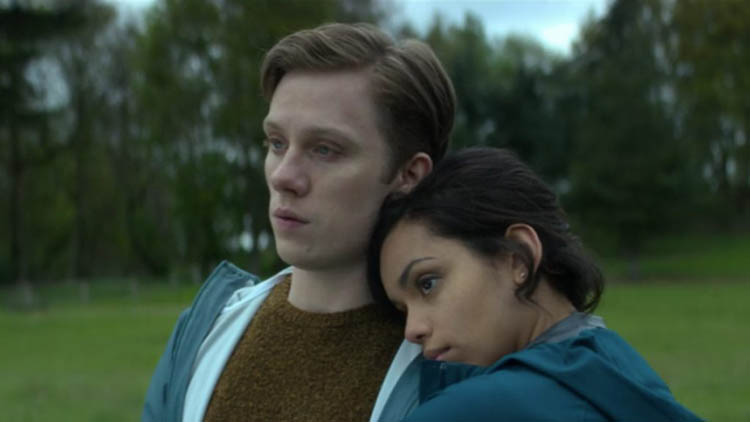
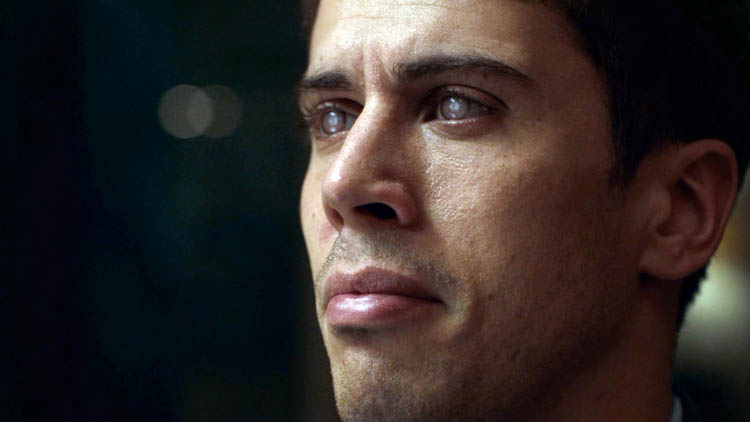
A well-made episode with one significant flaw: it builds a story on a fascinating and realistic technology – an implanted memory recording system that allows people to PVR any experience they’ve had and watch it on a playback – and wastes that tech on a plot about domestic squabbles and petty jealousy. No one gets nearly as brutalized as they could have been, given what some episodes do to their heroes. The concluding message is that people fantasize about past lovers. You needed some fancy technology to tell you that?
In the Trump era, this episode is easily criticized for being less interesting and less ridiculous than our current political reality. A crass, animated comedian bear gains popularity and becomes encouraged by the powers that be to run for office. We’ve seen similar concepts in fiction before, but more compellingly we’ve seen this in real life, most notably with John Gnarr, the uneducated comedian who served, rather successfully, as mayor of Reykjavik from 2010 to 2014. Sure there is something darkly comic about the plot of The Waldo Moment, but compared to reality it’s a bedtime story.
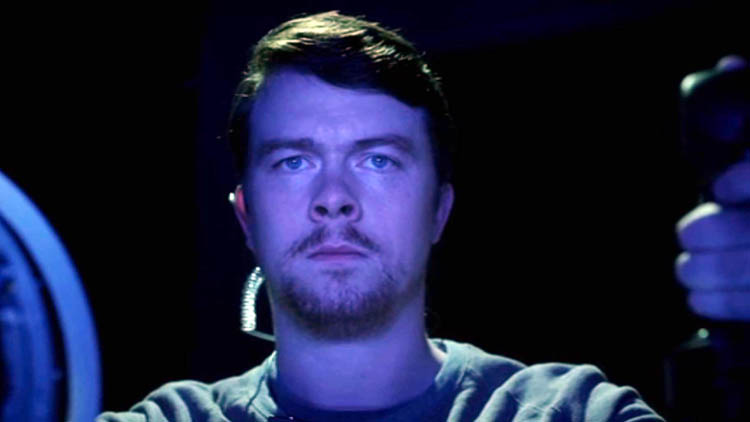
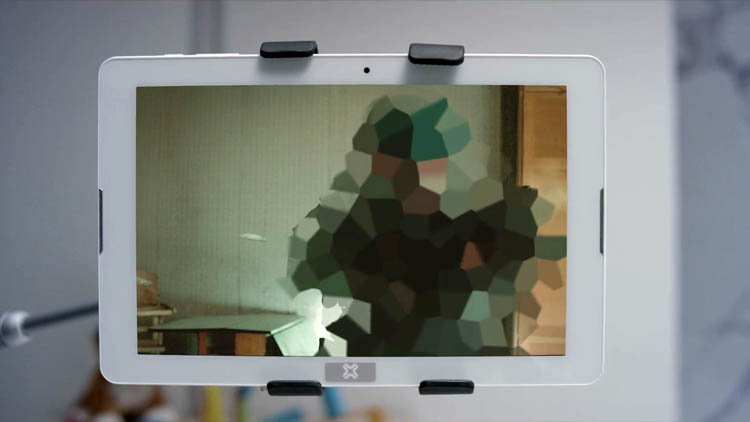
This episode tends to lose people somewhere along the believability spectrum. Marie, An overprotective single mother, has her daughter Sara implanted with a device that allows her to monitor Sara’s every move, and watch life through her eyes. I don’t know if I buy the argument that no reasonable parent would do this, though the climactic scene, in which we see the normally intellectual and tempered Sara beating her mother half to death with her iPad, does feel hard to believe, even after she’s discovered that her mother roofied her with morning after pills. The implications of the technology are somewhat unsettling, mostly because of the perceived intensification in helicopter parenting in real life, but the episode lets its viewers off the hook too easily. Nothing happens here that you couldn’t see more vividly and less pleasantly in a Larry Clark or Harmony Korine film.
Jesse Plemons advances the narrative that he is rock solid at playing a creep. We first saw him as Todd, a dull-eyed, disassociated nice guy that unflinchingly murders women and children in Breaking Bad. Here he plays Robert, an executive programmer for a giant online video game with some nefarious at-home behavior within that same video game. The episode’s darkness stems mostly from the recent emersion of the concept of incels, which became a well-known term after a terrorist attack in Toronto left ten people dead, all in the name of misogyny. Robert’s character reads very much like an incel, making his behavior particularly off-putting, now more-so than at the time of the episode’s release. But outside the incel narrative, the episode is mostly a fun romp, full of comic relief and Shatner-era Star Trek imagery, so the darkness factor is somewhat mitigated.
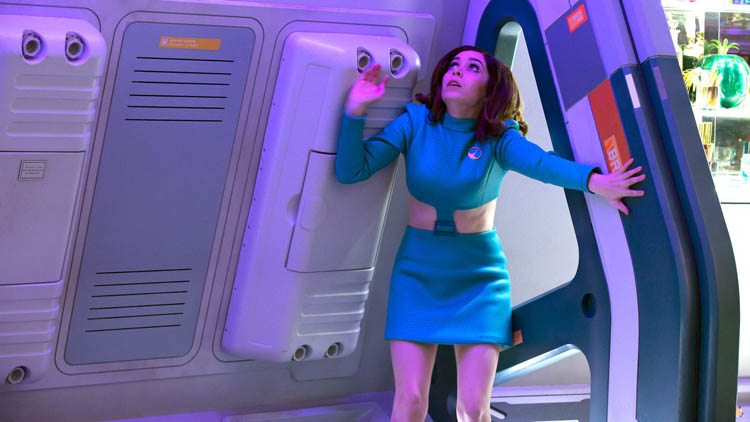
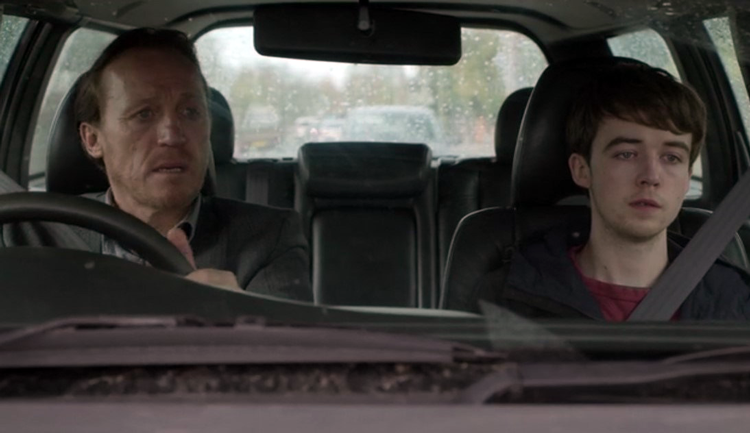
Black Mirror is pretty darn good at flipping the script on its viewers. Several episodes contain effective twists and turns that would make M Night Shyamalan’s head spin. The so-called twist in this episode, however, is not one of the good ones. In fact it’s appalling, and hard to understand as a writing decision. But without it, this episode would feel like an elaborate practical joke, which would work fine as an installment in the Black Mirror universe. So when you do find out that the episode is hinged on the fact that the teenage protagonist enjoys jacking off to child porn, you can’t help but scratch your head.
This episode, in my opinion, suffers much more from the believability problem than Arkangel. A too-chill-for-his-own-good American traveler desperate for cash finds himself subject to some pretty gnarly cerebral experiments. The results are no bueno. Believability is a big deal in Black Mirror; every episode is a reflection on the potential future (or present) of how technology can royally fuck us, and this installment doesn’t quite live up to the likelihood test (queue the “this shit has actually happened, man” comments). But to its credit, Playtest is legitimately scary. It’s Black Mirror’s most direct attempt at horror (along with maybe Metalhead, which we’ll talk about later), and it’s chillingly effective as a work of genre fiction.
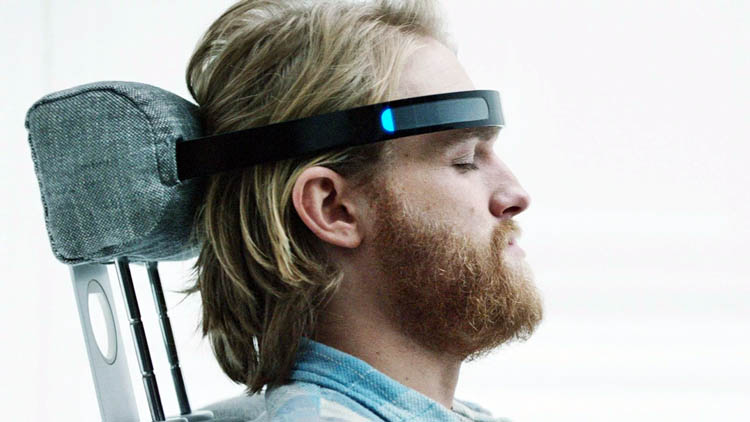

Men Against Fire doesn’t take itself seriously enough for what it’s trying to sell. It’s laden with clichés and big chunks of exposition in the last act that give viewers the impression that it really doesn’t want to commit to the grim reality that it fictionalizes. The notion that soldiers are sometimes made to kill innocent civilians for political reasons beyond their control is not confined to fiction, let alone science fiction. Had the episode been framed with more heart and less schlock it could certainly have been one of the darkest.
Outstanding acting, writing, and directing make an episode with no killing, and no real threat of any violence, pretty goddamn ominous. Perhaps it’s the juxtaposition of a setting well in the future with the ubiquity of social media that feel desperately close to our own that makes this episode so unsettling. In Nosedive, all of modern society relies on a social media platform where users are ranked based on their day-to-day interactions and the maintenance of their online profiles.
Wait, isn’t this supposed to be happening for real in China? It’s a challenging plot because, like The Waldo episode, it doesn’t sound all that shocking when compared to reality. But Rashida Jones’ and Mike Schur’s script is so tight, Bryce Dallas Howard’s face so believably anguished despite her attempts to appear Instagram-happy, and Joe Wright’s directing so lushly reflective of the impending future of social media, that it ends up being one of the series’ best. And it leaves you, the viewer, in a state of crazed misery not dissimilar to the kind you might feel after an hour of relentless Instagram pleasure-cruising.
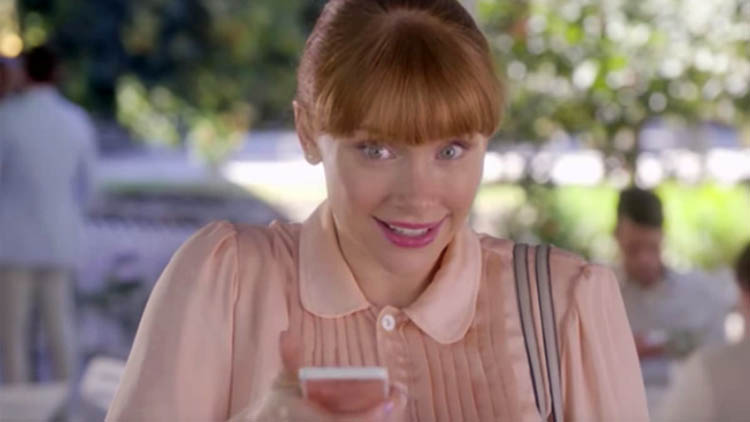
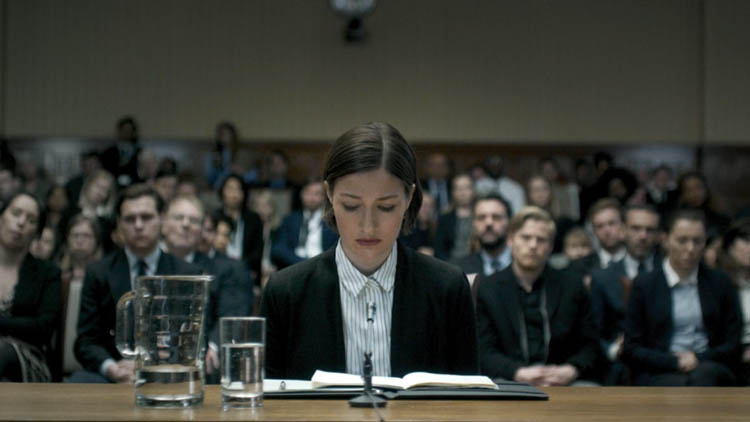
This episode could have scored higher on this list if it didn’t feel so procedural. Like seriously, how often do you feel genuinely tormented by an episode of CSI? The plot does have a significant enough creep factor, in terms of what it says about how public outrage and the increasingly popular act of public shaming are becoming dangerous forms of social currency. Here that currency has fatal results. Say that last line out loud. CSI-level cheese, right? Well, that’s this episode. Robotic killer bees? Really?
Widely considered the best episode of Black Mirror to date, Be Right Back is a haunting meta-ghost story and a sharp, dystopian reflection on love, death, and grief. Like Nosedive, it manages to get under the skin with hardly any violence or death (well, one death), but for entirely different reasons. The premise is simple and almost trite; Boy and girl are in love. Boy dies. Girl learns there is technology available that allows her to still communicate with him. And touch him, and see him, and have sex with him. Sounds great right? Charlie Brooker regularly demonstrates that he is just as adept at analyzing the nuances of modern romance as he is at predicting the most dystopic possibilities of technological progress. And that last scene is the kind of stuff Hitchcock would be proud of.
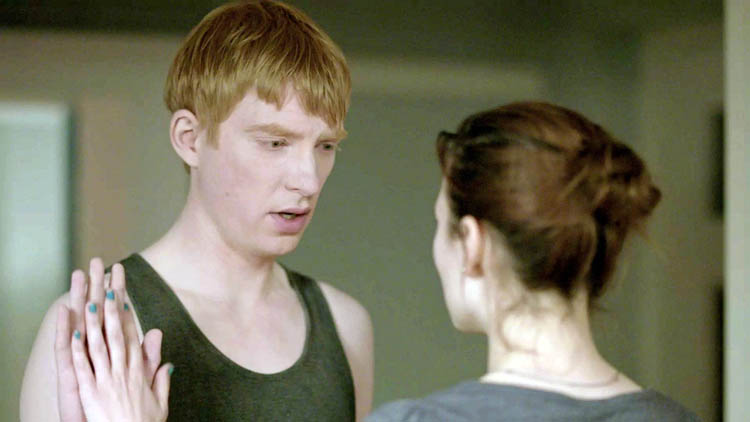
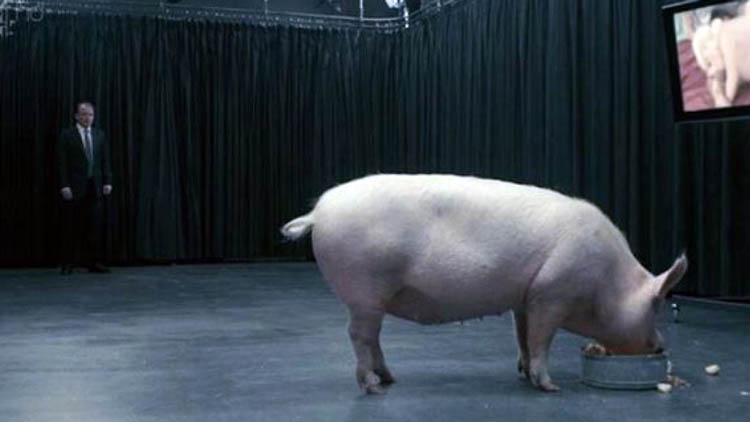
The first, the original, the one where the Prime Minister of England fucks a pig on live TV. Imagine having never seen the show and being introduced to it like that. It’s the audacity of a TV pilot to go there that makes this episode as impressively dark as it is. If this appeared in the third season it might have meant less, and the vulgarity of the premise would not have been as impactful. Less pearls would have been clutched, but less faces would have been twisted in voyeuristic delight.
The most futuristic episode of Black Mirror, 15M Merits can be a difficult world-building pill to swallow. Bing, played exceptionally by Get Out’s Daniel Kaluuya, lives in a sort-of digital world, where subjects earn merits in order to eventually perform in front of American Idol-style judges for a chance at greatness, and, we can only assume, digital transcendence of some kind. In this world, all is commodified and commercialized to an obscene degree, but it’s so well directed that an episode with such a heavy requirement of suspension of disbelief becomes engrossing and all too immersive. The darkest part is that we may already be in that world now, repeating the endless drone of consumption and production for the corporate gods that lord over us. This is what The Singularity will actually look like, Ray.
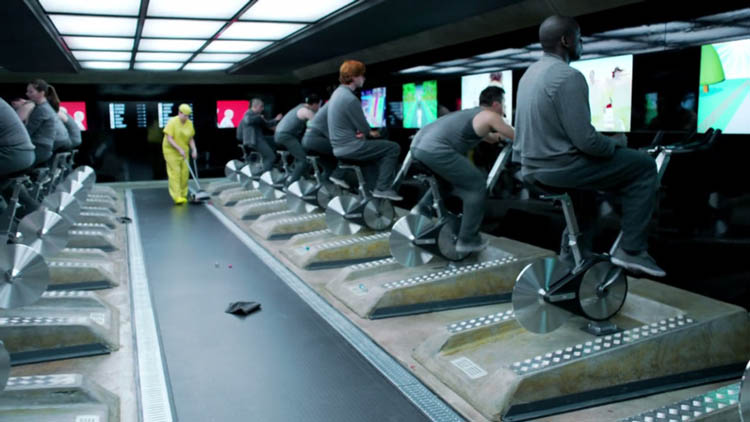
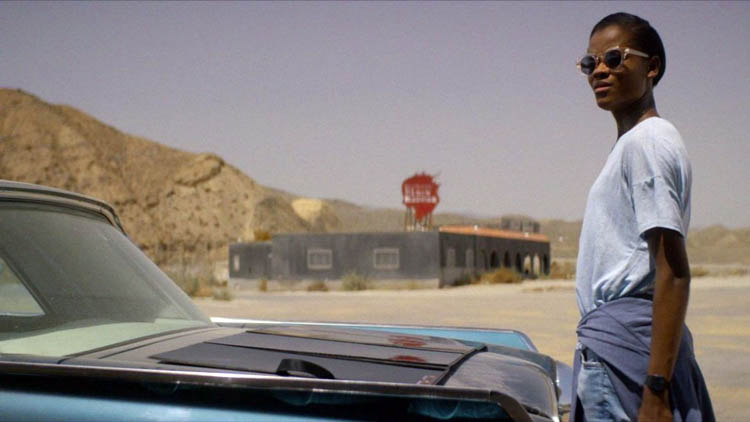
Everyone loves those clip-show episodes of The Simpsons right? Right? Just me? You know, I’m surprised they didn’t do clip-show episodes of The Wire or The Sopranos. Well The Sopranos kinda did, with some of Tony’s more extensive dream sequences. Anyways. This episode’s pretty good, and filled with the sick shit that Black Mirror fans tend to expect. The image of Daniel Lapine staring at himself in the mirror after having just extracted some of his own teeth for pleasure is particularly gruesome. This is a longer episode, with three short stories injected into a pretty slick frame narrative. And though it’s not exactly a clip show, there are all kinds of fun little references to previous Black Mirror episodes. Perhaps more importantly than the content of the episode itself is the reflection that this can be read as a representation of what will happen to Black Mirror once the show’s fictional technologies become real, or even obsolete; we’ll be left with a wax museum of obsolescence, and lord knows wax museums aren’t creepy at all. Also worth noting, if you’re a fan of 90’s black comedies, this episode opens with a cinematographic and musical sequence that feels nearly identical to the intro to Oliver Stone’s criminally underrated U-Turn, and that flick is dark as hell.
Like the episode that precedes it on this list, White Christmas is closer to feature length, and comprised of three short interlinked stories that are part of a larger frame narrative. Don Draper’s charm is alive and well, and now he’s in the future, selling digital clone versions of you that can be implanted into your head to micromanage your daily tasks from within. There are layers of darkness here, both in the frame narrative and in the individual stories. Not a fan of jealous exes killing the fathers of their former lovers? That’s fine. Maybe you’ll be more entertained by digital indefinite solitary confinement. If that sounds convoluted, well, it is, but it’s still a pretty good episode, and remarkably bleak, especially given that it’s a Christmas episode. Everyone loves Christmas. It’s never a depressing time. Never.
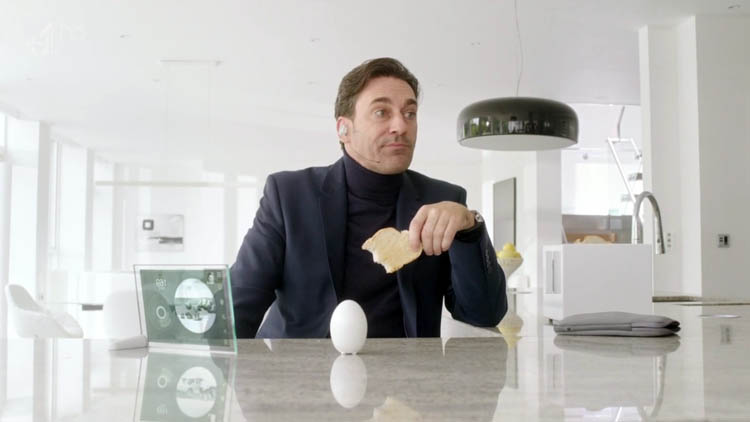
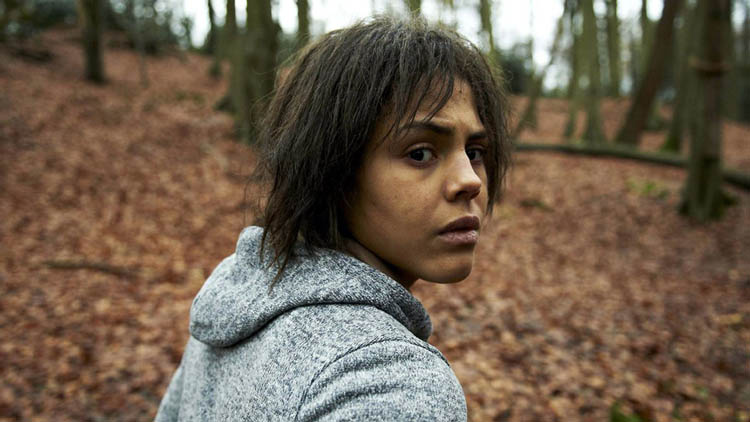
Perhaps the episode with the most staggering moment of script-flipping in all of Black Mirror’s catalogue, White Bear will leave you feeling a little less than happy about the world. For the majority of the episode, something feels amiss. A woman wakes up in a house; she can’t remember anything; a flashing TV in front of her displays an enigmatic, creepy icon. She runs; she is chased; her chasers appear armed and dangerous; there are people around, watching, recording with their phones, but they refuse to interact with her. Somehow she never actually gets hurt, despite the constant threat of harm from her hunters. The whole time, you can’t help but think “Dang, this whole thing kind of feels like a game.” And then they hit you with something so nasty you find it hard to believe. It must be part of the gag, right? Don’t watch it on a bad day.
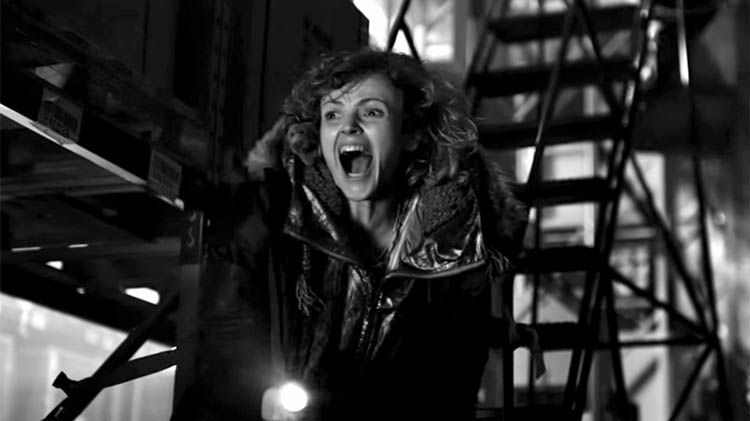
Ah the beautiful, terrorizing Metalhead. Odds are the terms DARPA or Boston Dynamics mean more to you now than they did three years ago, yeah? Well, if not, Google them while watching this episode. The shortest, simplest episode of Black Mirror is easily my favorite, and also happens to be the only episode where society is undeniably, completely fucked. It’s a common thread these days to hear people extolling the potential dangers of robots and AI. Well, as you might have guessed, nothing is better at representing that anxiety than Black Mirror. Bella, played to her blood-soaked limits by Maxine Peake, runs across a wooded landscape, chased by a dog-sized robot that is hell-bent on killing her.
Her post-apocalypse buddies had their brains blasted to bits by the little bastard early on. It made it look easy. The little robot dispatches people with such efficiency that it quickly becomes the most terrifying antagonist of the entire Black Mirror catalogue. While narratively simple, the episode is stylistically quite rich, shot in black and white and scored by the music of Kryszof Penderecki, whose compositions have appeared infamously in such films as The Exorcist and The Shining.
Perhaps there’s something to be said here about minimalism as a form of good storytelling. Several episodes of Black Mirror suffer from convolution, as is to be expected with a show that introduces new fictional technologies in every installment. The simplicity here allows the audience to really focus on the terror at hand. This makes for the most intense viewing experience you could ask for. And any release from this tension, once Bella finally, agonizingly dispatches Fido the robotic grim reaper, is crushed by the revelation that there are hundreds, thousands of these death-walkers combing the remaining wasteland that earth has become. Society is, in fact, fucked.

Was there any doubt? It would be a challenge to find anyone that wasn’t shocked by this ghastly episode. Upon subsequent viewings, I’ve developed a feeling of ambivalence toward it. There are some bits to celebrate here: the austere vistas of a gorgeously grey and mountainous Iceland; the excellent acting of Andrea Riseborough and Kiran Sonia Sawar; the fairly prescient memory-recording technology on which the episode is hinged. But even after considering these pros, it’s difficult to look at Crocodile as more than a deranged misfire.
The escalation of violence and cruelty in this episode is so brutal that it becomes nearly unwatchable, even with the majority of the violence occurring off-screen. It might have been more acceptable if it made more sense in terms of character motivation. But Andrea Riseborough’s Mia makes decisions that no reasonable person would make, deep dark secrets or not. We’re supposed to accept that Mia’s mind slowly becomes unraveled as guilt and paranoia consume her, but one episode of TV is not enough time to adequately sell this line and the violence that ensues.
The darkness here really has nothing to do with the technological implications; it’s purely about the brutality inflicted on the episode’s innocent victims, one of which is an infant. I would never expect a TV show to use trigger warnings, but this is one of those rare occasions where it feels irresponsible not to.

